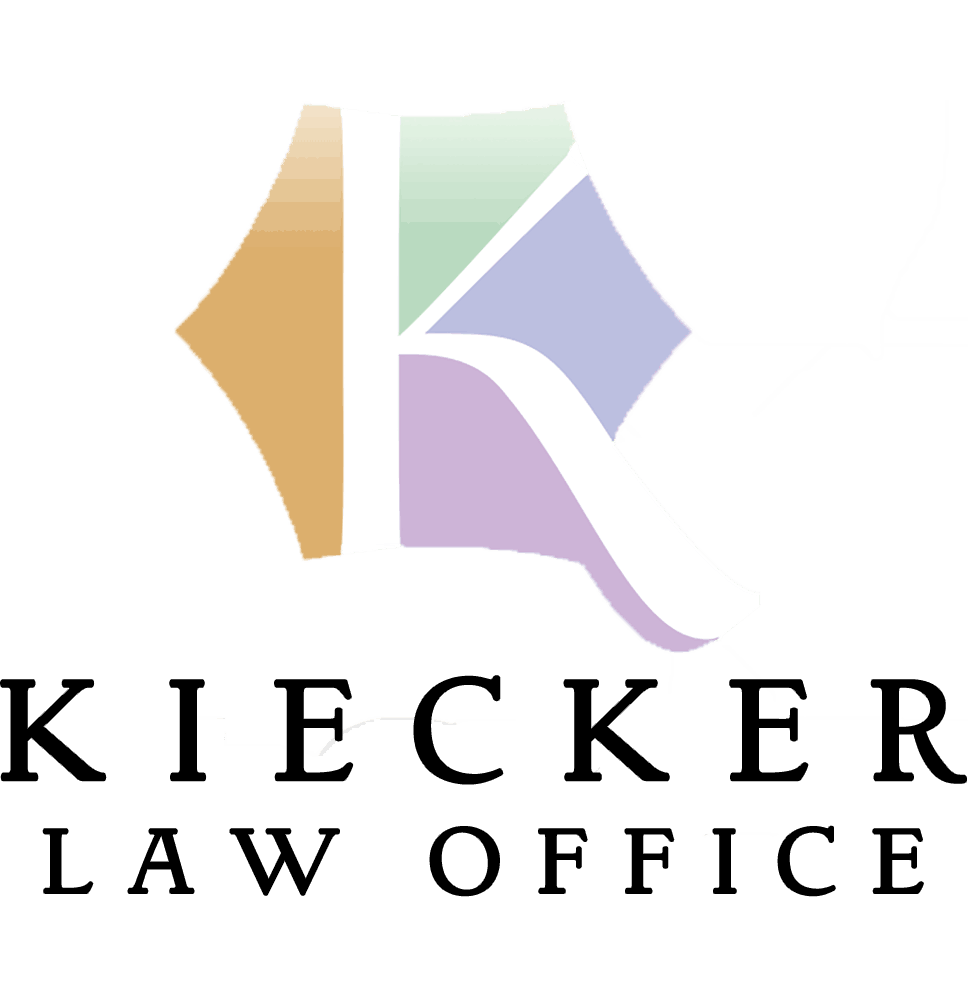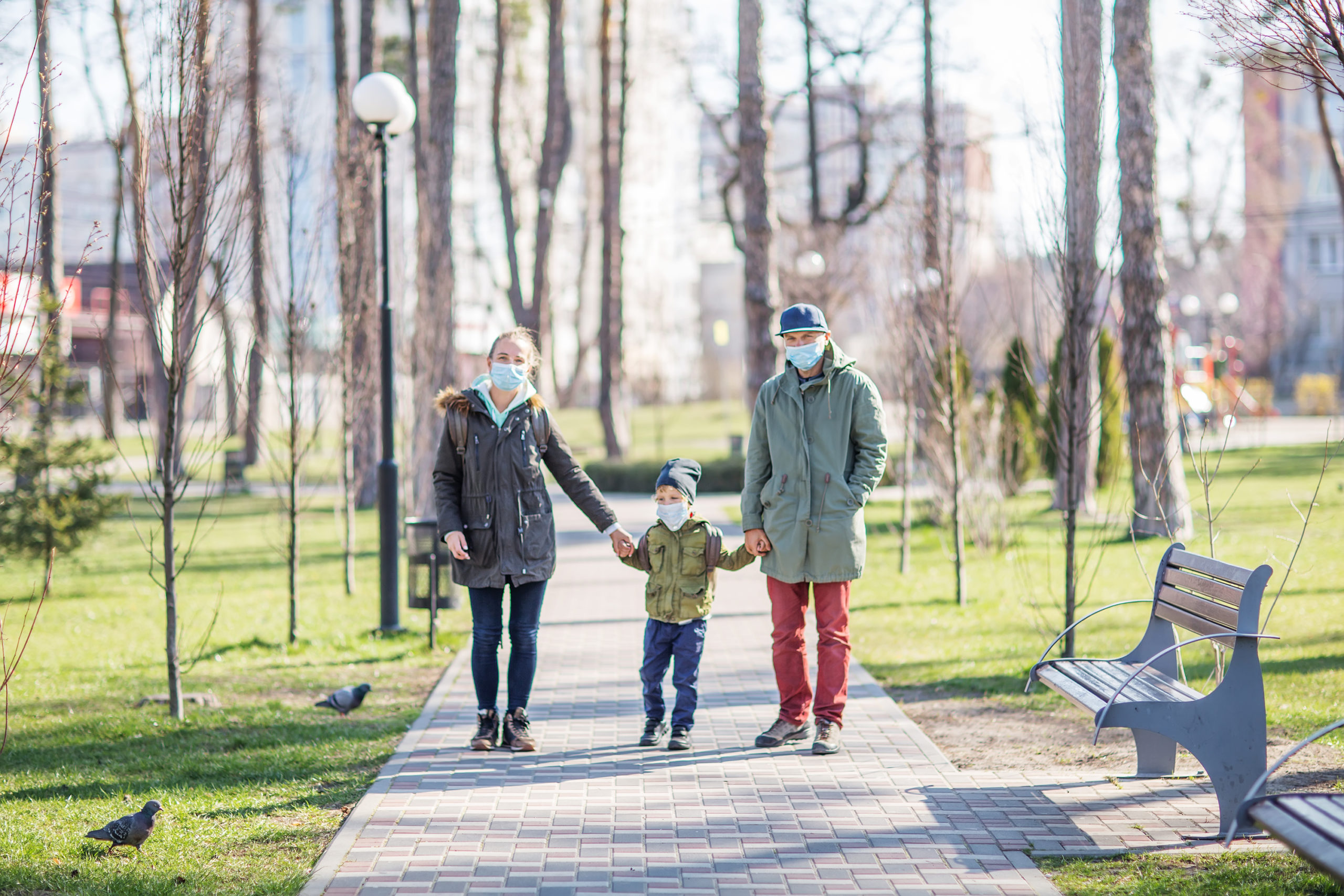What Happens to My Kids If I Die?
In the past we’ve quoted a survey from Caring.com. Each year they do a survey gauging how many people complete their will. Frankly, the results are staggering to us. This month we’re going to be focusing on younger families, and more specifically what happens to kids when their parents die. Looking at the 2020 survey that Caring.com did, only 27.2% of people they surveyed between the age of 24-54 have a will (and it’s even less in the 18-23-year-old group). This is the chosen age group as this is the group that is typically going to have minor kids. We can assume those statistics are likely the same whether you have kids or don’t. That means almost 75% of people are going to leave it up to the courts to decide what happens to kids. The question we have is, is that really what you want, or do you want to decide what’s best for your kids?
Later this month, we will tackle what happens if you don’t have a will, but first let’s talk about what your will can and should do for you in deciding your children’s future if you’re no longer here to care for them. The first thing you will want to do is determine who the guardian will be for your kids. That’s probably self-explanatory, but that just means, who are your kids going to live with and who is going to care for their physical well-being. This is probably a question that you want to consider for more than just a couple of seconds. Many times, people will want to name their parents (i.e. the grandparents) as the guardians. At first blush, that may seem to be a good choice, but you will also want to consider whether your parents WANT to have a 2,5,8, or 10-year-old living in their house full-time? Or for that matter are your parents ABLE to care for a child full-time? Grandparents love to have their grandkids for an evening or even a couple of days, but could they handle having kids on a full-time basis?
Another thing to keep in mind is the style of parenting that you have versus what a potential guardian has. You want to make sure that your kids will be raised in a way that you are comfortable with. If you are strict with your kids, you likely want someone that is also going to have rules. Lastly, and maybe most importantly, remember this decision is about your kids. It’s not about the feelings of your parents, siblings or in-laws. It’s about your kids and what’s best for them. Many times, people feel an obligation to “keep things equal”. It’s not about keeping things equal. Your kids and how well they are taken care of is the only thing that matters.
The other part to consider is the financial side of things. You may be comfortable with the person that you name as guardian handling all the money, but you may not. If, for example, you name your sister as the guardian because she is such a good caregiver for her own kids, but you wonder if the money you leave for your kids will be spent wisely, you can name another person as a trustee. There could be a lot of money that is left to your kids in the form of proceeds from your house, life insurance or retirement accounts. You want that money used to care for your kids, not for frivolous expenditures that benefit your sister or her kids. If you want to have a fail safe in there so there isn’t even that temptation, you can name a trustee.
So, what does a trustee do? Essentially, your will sets up a trust for your minor children in which they get all the money that is left to them at a certain age (maybe 18, 21, 25 or any other random age you decide makes sense). In the meantime, your kids will need money for the every day things that they encounter such clothes, sports, food, school trips, or any other number of everyday necessities. The trustee would work along with the guardian to make sure that your kids’ money is being spent wisely. In other words, your sister that is the guardian would need to check in with the trustee before they can spend the money. It’s the best of both worlds. Someone that is going to be a good caretaker for your kids, and you can be sure that you have someone that is good with money to make sure your kids are financially cared for.
Parents do everything they can to care for their kids physically and financially. There is no reason that should stop just because the parents have passed away. A will is the legal structure of a plan that goes beyond your life.


